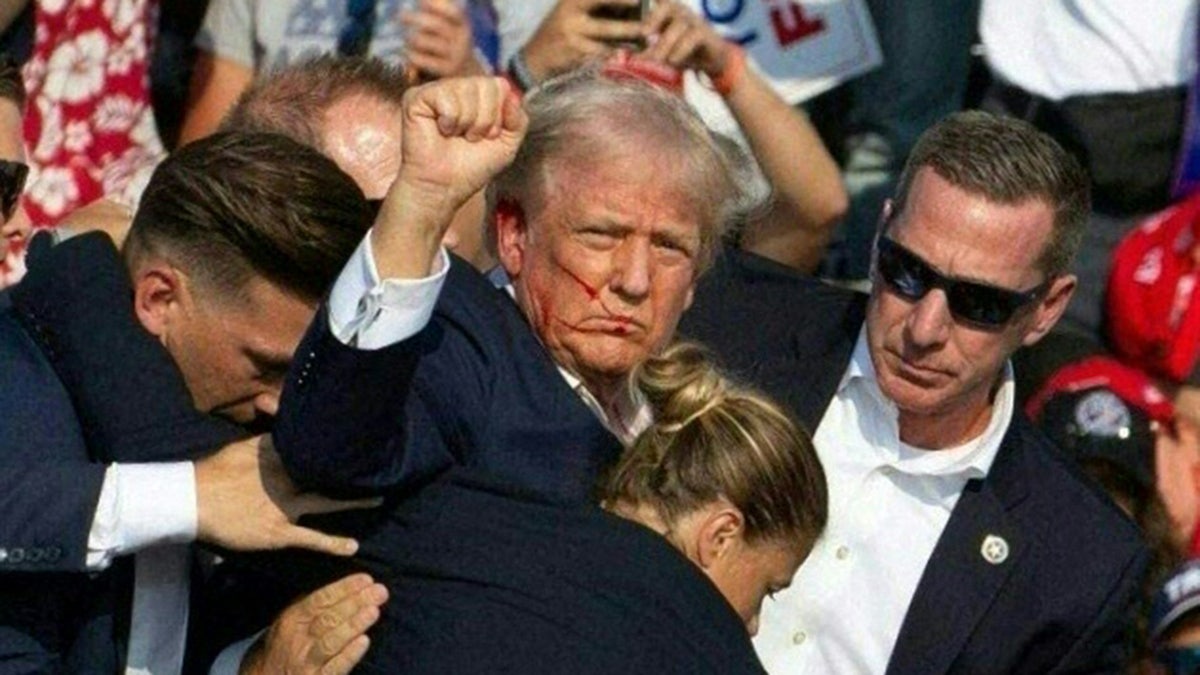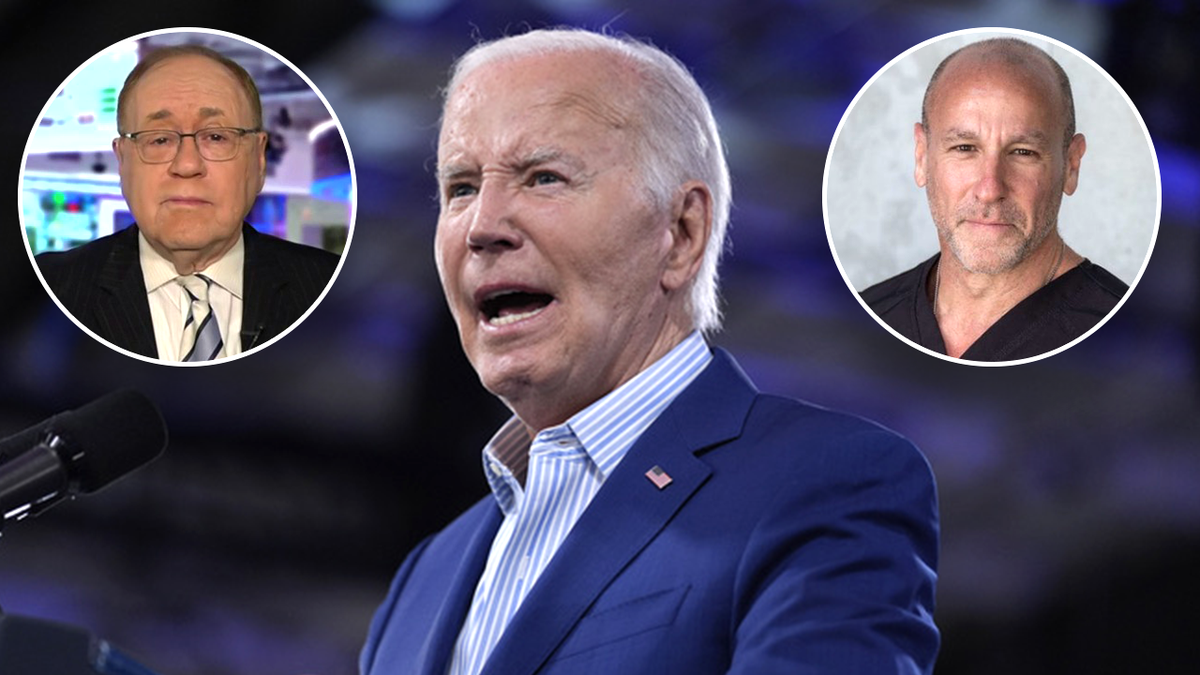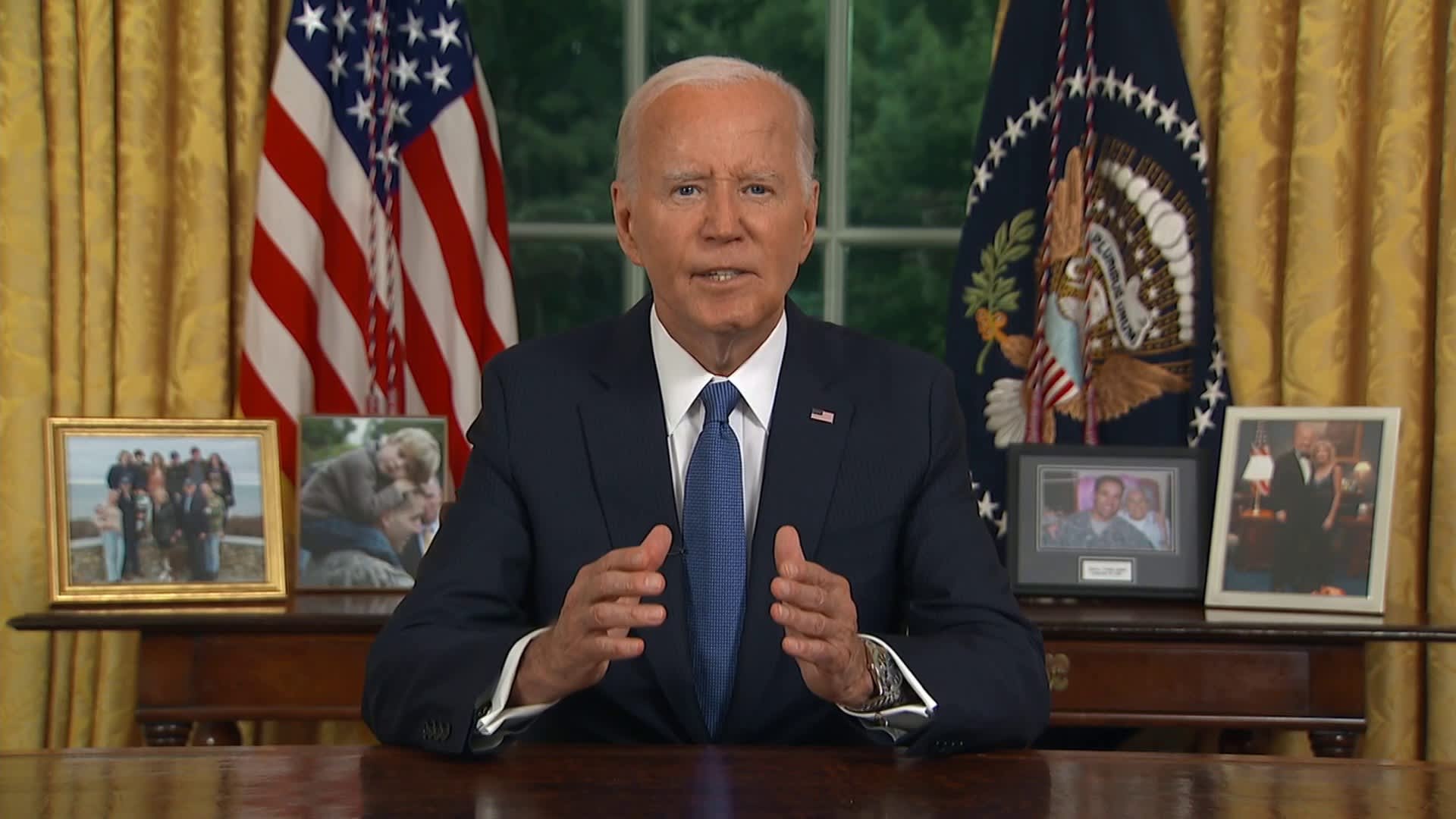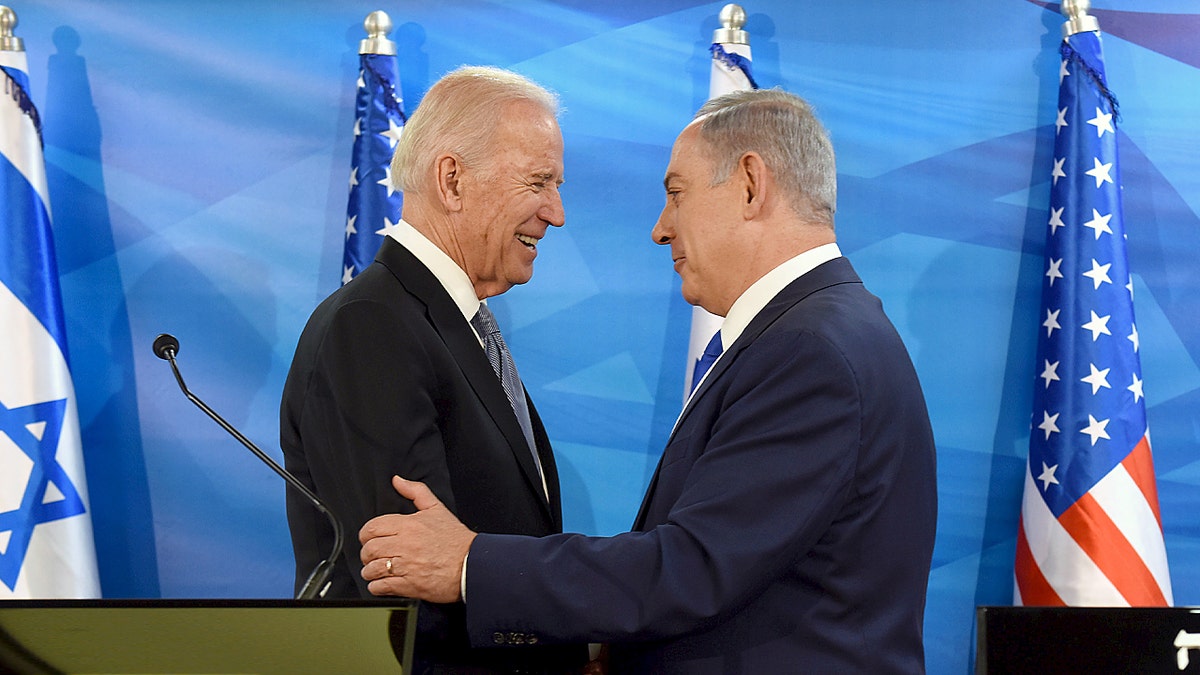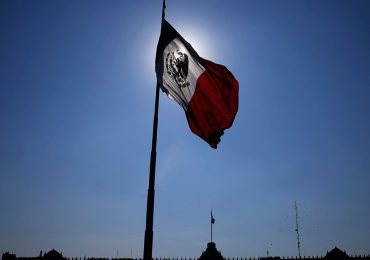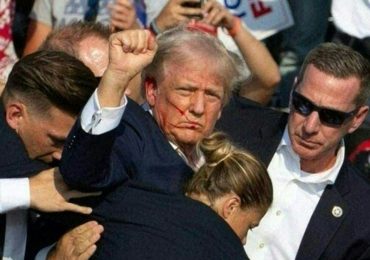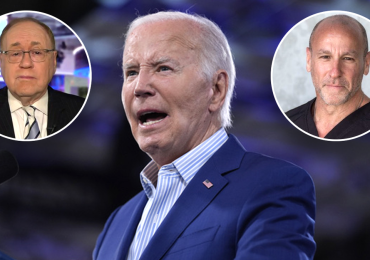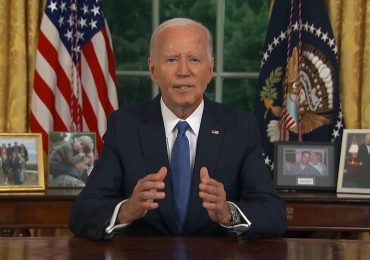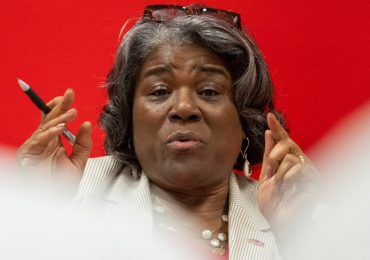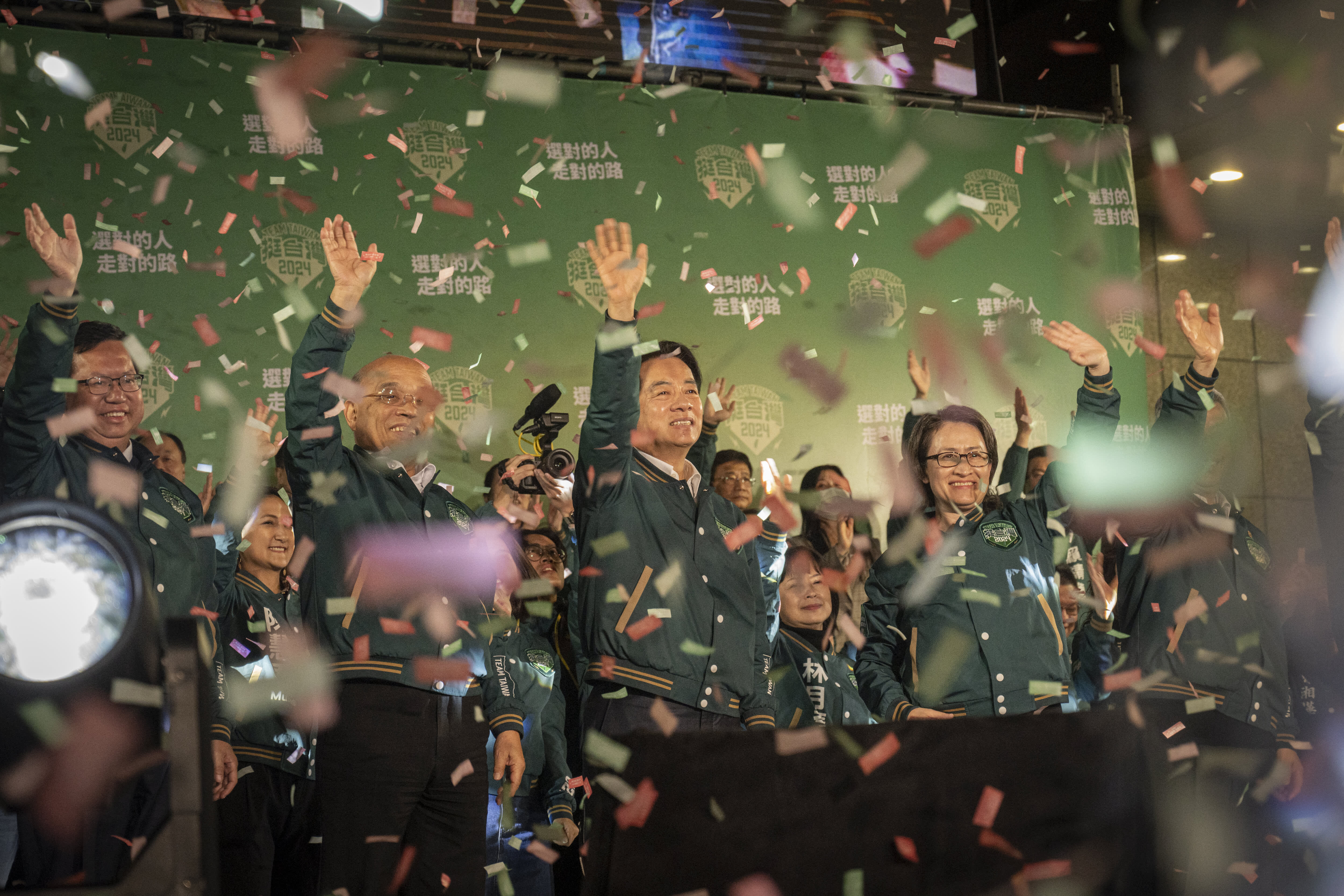
A kid runs across the flag of Taiwan banner during the announcement of official results on January 13, 2024 in Taipei, Taiwan.
Sawayasu Tsuji | Getty Images News | Getty Images
It was a three-way race among candidates from the ruling Democratic Progressive Party — which China describes as a “serious threat,” the main opposition party and pro-Beijing Kuomintang, and the smaller Taiwan People’s Party.
The Kuomintang won 52 seats in the legislature — one more than the Democratic Progressive Party — and the KMT’s combative presidential candidate Han Kuo-yu could well be the party’s choice for Speaker.If the KMT forms a coalition with TPP, Han’s rancor — after being recalled as Kaoshiung mayor and losing in the 2020 presidential election as KMT’s nominee — may be tempered by its prospective coalition partner.
While Lai won the presidential election on Saturday with 40% of the popular vote, his DPP lost 10 seats in Taiwan’s parliament from its previous 61, giving up its majority.
The TPP is in a great strategic position to make or break Lai’s legislative hopes.
Timothy S. Rich
Western Kentucky University
At a post-election press conference, Lai pledged to stay open-minded in his governance, while committing to forging consensus in a divided legislature.
“Because the KMT did not win a majority in the legislature, they will be dependent on the support of the TPP to build a majority coalition, and if the KMT is too intransigent and tries to oppose everything the Lai administration wants to do, they may have a hard time sustaining that coalition,” said Sara Newland, an assistant professor in government at Smith College and a scholar of local politics in China and Taiwan.
“The TPP’s policy positions aren’t very stable, so they could just as easily cooperate with the DPP as the KMT on many issues,” she added. “And given their critiques of the ineffectiveness of the major parties, I don’t think it’s in the TPP’s interest to be part of a coalition that makes the legislative process grind to a halt — this would just look really hypocritical.”
More restrain toward China
The outcome could see Lai embracing a more restrained China policy — particularly since KMT and TPP have advocated a more conciliatory posture — even as Beijing is likely to ramp up pressure on Taiwan’s government when Lai is officially inaugurated as president in May. The new parliament will take office next month.
“Lai refrained from provocative pro-independence rhetoric during the campaign, and our base case is that his administration will show continuity with Tsai, who exploited anti-mainland sentiment while avoiding obvious provocations,” Gabriel Wildau, Teneo’s managing director focusing on political risk in China, wrote in a client’s note.
Taiwan’s president- and vice president-elect from the Democratic Progressive Party Lai Ching-te and Hsiao Bi-khim standing along several party’s heavyweight on the central stage in Taipei on Janauary 13, 2024 to celebrate victory in Taiwan’s 8th presidential election.
Alberto Buzzola | Lightrocket | Getty Images
“Beijing will pay particular attention to signals from Lai’s inauguration speech,” he added. “Apart from military exercises, Beijing may also impose new tariffs or sanction Taiwanese companies that are political donors to the DPP.”
Beijing has repeatedly labeled Lai as a “stubborn worker for Taiwan independence” and a dangerous separatist, framing the election as a choice between “peace and war, prosperity and decline.”
The Chinese Communist Party has refused to engage with outgoing President Tsai Ing-wen since she assumed office in 2016. Tsai did not stand at this election because she has served the maximum two presidential terms.
Democracy is compromise. Lai will be forced to reach consensus first before he can secure his policy bills. It may also constrain him to be more moderate.
Wei-Ting Yen
Franklin and Marshall College
China has never relinquished its claim over Taiwan — which has been self-governing since the Chinese nationalist party, or Kuomintang, fled to the island following its defeat in the Chinese civil war in 1949.
The DPP has not accepted the so-called “1992 Consensus,” and disputes the tacit agreement for “one China” between the then-KMT government and Chinese Communist Party officials, which Beijing assumes as the basis for cross-Straits engagement.
Lai said Saturday he is committed to peace in the Taiwan Straits and open to resuming talks based on “parity and dignity” — though he made clear he’s also “determined to safeguard Taiwan from threats and intimidation from China.”
Consensus or gridlock?
At a post-election press conference on Saturday, Lai committed to a building “a new political environment of communication, consultation, participation, and cooperation” in the new legislature.
“Lai’s statements about consensus-building is likely not just because he only won 40% of the vote and wants to assuage concerns about relations with China, but also practical,” said Timothy S. Rich, a professor in political science at Western Kentucky University.
Supporters attend the Taiwan People’s Party (TPP) campaign rally on January 12, 2024 in Taipei, Taiwan.
Sawayasu Tsuji | Getty Images News | Getty Images
The emergence of Ko Wen-je as Taiwan People’s Party’s presidential candidate has split the usual DPP and KMT duopoly. It is owed partly to rising disenchantment among Taiwan’s youths, who say the ruling DPP has insufficient regard for their urgent everyday economic issues.
“I expect (the split legislature) will mean the Lai administration will struggle to pass much of his agenda unless either coordinating with the TPP or just focusing on the few areas where there may be broader consensus. The TPP is in a great strategic position to make or break Lai’s legislative hopes,” Rich added.
In a nod to issues that dominated the presidential election campaign, Lai singled out the financial sustainability of Taiwan’s labor and health insurance, along with the island’s energy transition as urgent issues that he will prioritize in forging consensus.
The president-elect also said he will appoint the most qualified professionals and personnel regardless of political affiliations in the “spirit of a democratic alliance.”
“The silver lining is that it may not be bad for Taiwan’s democracy,” Wei-Ting Yen, an assistant professor in government at Franklin and Marshall College, told CNBC.
“Democracy is compromise. Lai will be forced to reach consensus first before he can secure his policy bills. It may also constrain him to be more moderate,” she added.
